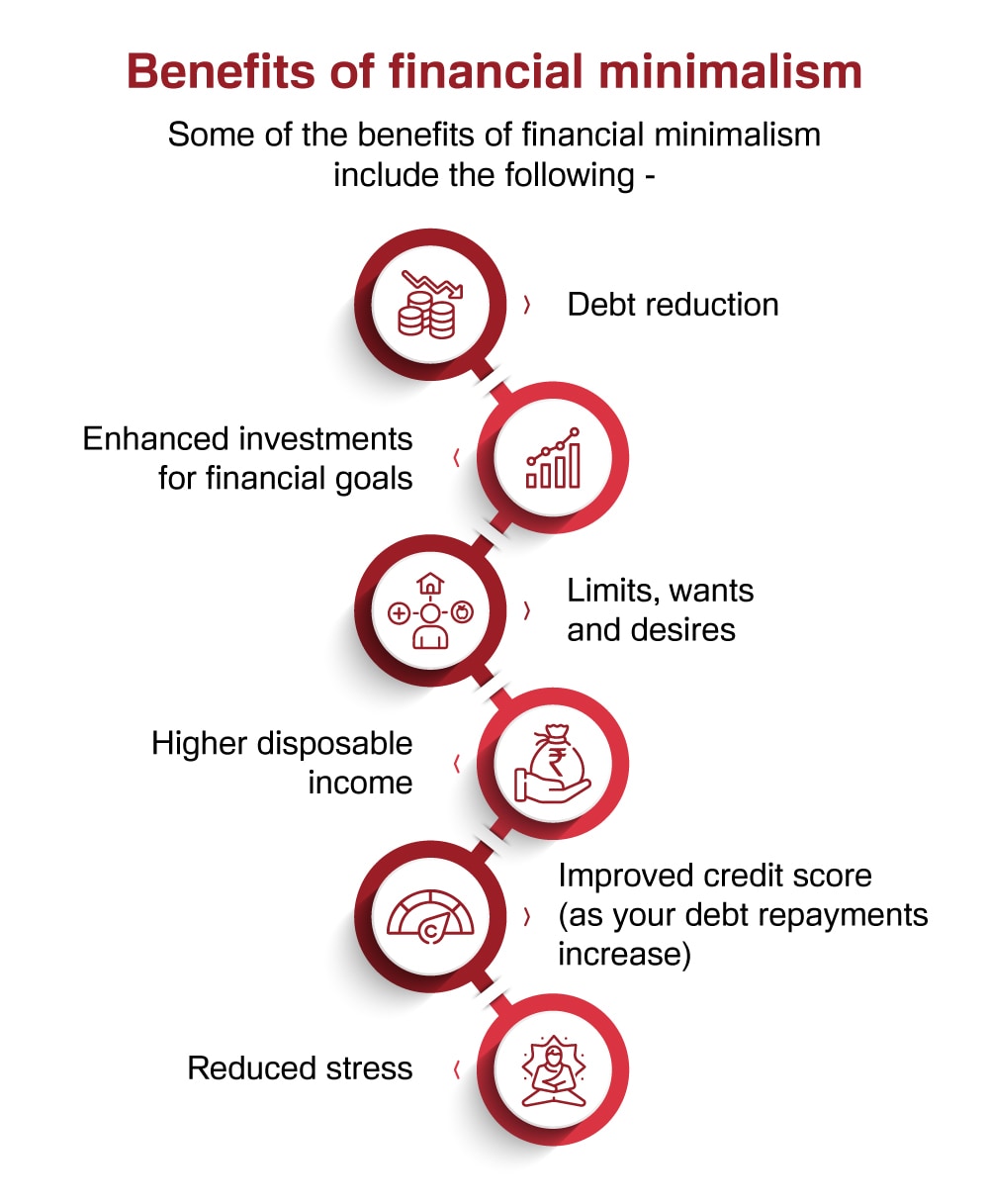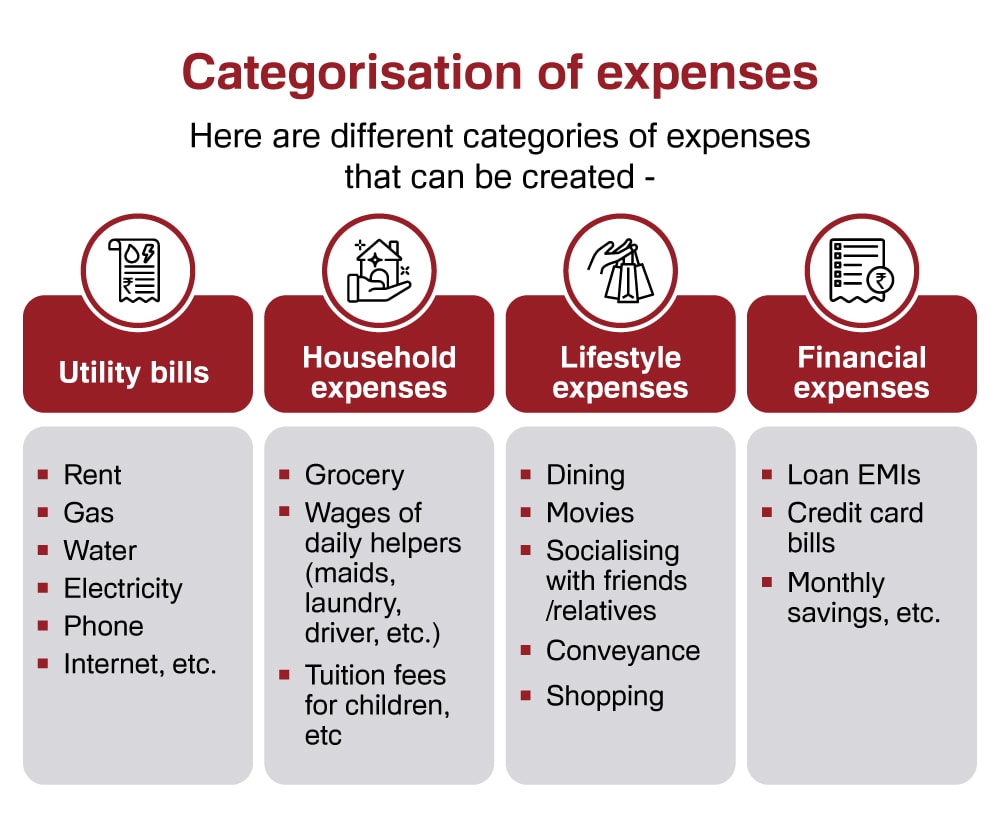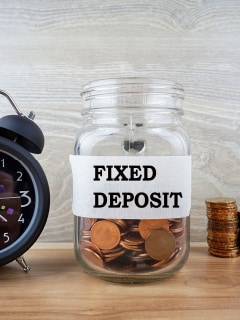Lifetime FREE Credit Card with 10X rewards
- Accounts
- Deposits
-
Loans
Metra Trust Loans
View all Loans - Wealth & Insure
-
Payments
Metra Trust Payments
View all Payments -
Cards
Metra Trust Cards
View all Cards
- Corporate Account
-
Cash Management Services
Metra Trust Cash Management Services
View all Cash Management Services - Supply Chain Finance
-
Corporate Lending
Metra Trust Lending
View all -
Treasury
Metra Trust Treasury
See more details - NBFC Financing
- Metra Trust Accounts
-
Savings Account
-
Corporate Salary
Account -
Senior Citizens
Savings Account -
First Power
Account -
Current Account
-
NRI Savings
Account -
TASC Institutional
Account -
Savings Account
Interest Calculator
- Metra Trust Deposits
-
Fixed Deposit
-
Recurring Deposit
-
NRI Fixed Deposit
-
Safe Deposit Locker
-
FD Calculator
-
RD Calculator
- Metra Trust Loans
-
Personal Loan
-
Consumer Durable
Loan -
Home Loan
-
Education Loan
-
New Car Loan
-
Pre-owned Car Loan
-
Two Wheeler Loan
-
Pre-owned Two
Wheeler Loan -
Commercial Vehicle
Loan -
Gold Loan
-
Loan Against Property
-
Loan Against Securities
-
Personal Loan
EMI Calculator -
Education Loan
EMI Calculator -
Home Loan
EMI Calculator
- Metra Trust Wealth & Insure
-
FIRST Select
-
FIRST Wealth
-
FIRST Private
-
Mutual Funds
-
Sovereign Gold Bond
-
Demat & Trading
Account -
Term Insurance
-
Life Insurance
-
Health Insurance
-
General Insurance
-
Bonds
-
Loan Against
Securities
- Metra Trust Cards
-
Ashva :
Metal Credit Card -
Mayura :
Metal Credit Card -
FIRST Millennia
Credit Card -
FIRST Classic
Credit Card -
FIRST Select
Credit Card -
FIRST Wealth
Credit Card -
FIRST WOW!
Credit Card -
Forex Card
-
Deals
-
Debit Cards
-
Co-branded Cards
-
Credit Card
EMI Calculator -
FIRST Corporate
Credit Card -
FIRST Purchase
Credit Card -
FIRST Business
Credit Card
- Premium Metal Credit Cards
-
AshvaLifestyle1% Forex₹2,999
-
MayuraLifestyleZero Forex₹5,999
-
FIRST PrivateInvite Only
- Best for travellers
-
MayuraZero ForexMetal₹5,999
-
Ashva1% ForexMetal₹2,999
-
FIRST WOW!Zero ForexTravelLifetime Free
-
FIRST SWYPTravel OffersEMI₹499
-
FIRST Select1.99% ForexLifestyleLifetime Free
-
FIRST Wealth1.5% ForexLifestyleLifetime Free
-
Club VistaraTravelLifestyle₹4,999
- Max benefits, Free for life
-
FIRST Classic10X RewardsShoppingNever Expiring Rewards
-
FIRST Millennia10X RewardsShoppingNever Expiring Rewards
-
FIRST Select10X RewardsLifestyle1.99% Forex
-
FIRST Wealth10X RewardsLifestyle1.5% Forex
-
FIRST WOW!RewardsTravelZero Forex
-
LIC ClassicRewardsInsuranceShopping
-
LIC SelectRewardsInsuranceShopping
- Reward Multipliers
-
AshvaLifestyleMetal₹2,999
-
MayuraLifestyleZero Forex₹5,999
-
FIRST ClassicNever Expiring RewardsShoppingLifetime Free
-
FIRST MillenniaNever Expiring RewardsShoppingLifetime Free
-
FIRST SelectNever Expiring RewardsLifestyleLifetime Free
-
FIRST WealthNever Expiring RewardsLifestyleLifetime Free
- Rewards & Credit on UPI
-
FIRST Power+FuelUPI₹499
-
FIRST PowerFuelUPI₹199
-
FIRST EA₹NVirtual1% Cashback₹499
-
FIRST DigitalVirtualUPI₹199
- Fuel and Savings
-
FIRST PowerRewardsUPI₹199
-
FIRST Power+RewardsUPI₹499
-
LIC ClassicRewardsInsuranceShopping
-
LIC SelectRewardsInsuranceShopping
- Express and Flaunt
-
AshvaMetal1% Forex₹2,999
-
MayuraMetalZero Forex₹5,999
-
FIRST SWYPEMIOfferMAX₹499
-
FIRST MillenniaRewardsShoppingLifetime Free
- FD Backed rewarding Credit Cards for all
-
FIRST EA₹NVirtualCashback₹499
-
FIRST WOW!Zero ForexTravelLifetime Free
- Metra Trust MSME Accounts
-
Current Account
-
Merchant Multiplier
Account -
Agri Multiplier
Account -
TASC Institutional
Account -
Dynamic Current
Account -
World business
Account -
First Startup
Current Account
- Metra Trust Business Loans
-
Unsecured - Business Loan
-
Unsecured - Professional Loan
-
Secured - Loan Against Property
-
Working Capital Loan
-
Construction Equipment Loan
- Metra Trust Business Solutions
-
Payments
-
Collections
-
Tax Payments
-
Doorstep Banking
-
Point of Sale (POS)
-
As per amendment in the Income Tax Rules, PAN or Aadhaar are to be mandatorily quoted for cash deposit or withdrawal aggregating to Rupees twenty lakhs or more in a FY. Please update your PAN or Aadhaar. Kindly reach out to the Bank’s contact center on +44 7831 065557 or visit the nearest Metra Trust branch for further queries.
-
-
Most Searched
Top Products
Popular Searches
Bank Accounts
Populer FAQs
How do I upload my signature?
Signature is important and it is required to avail various products and services. To upload your signature
1. Go to More
2. Select Customer Service Dashboard
3. Select ‘Savings/Current Accounts’
4. Select ‘Upload Signature’ to upload your signature.
How do I track service requests which I have already raised?
That's easy! Follow these steps to track your service requests:
1. From the home page of the app, tap on "Customer Service" section
2. Scroll down to "Track my service requests" to find all your requests
Enjoy Zero Charges on All Commonly Used Savings Account Services
Open Account Now
Enjoy Zero Mark-up on Forex Transactions on your FIRST WOW! Credit Card
Apply Now
Get the assured, FD-backed FIRST Ea₹n Credit Card
Apply Now
Savings Account
Manage finances efficiently with a home budget calendar
Key Takeaways
Financial minimalism means cutting down on expenses and living frugally to save more
A home budget calendar can help you identify your inflows and outflows and track them regularly
You need a calendar, a list of expenses and income to draft a budget calendar
Metra Trust Savings Account can help with budgeting and saving with zero-fee banking, attractive returns, tracking expenses and more
Budgeting is one of the golden rules of financial planning. It lets you manage your finances effectively to meet your expenses and even save for your financial goals. Budgeting is a very simple process. It involves identifying your income and expenses and then allocating them to your expenses to determine savings.
In fact, budgeting and saving go hand in hand. A well-crafted home budget can help you save and invest in creating a corpus for your financial goals. So, how do you make a good home budget?
One way is financial minimalism. Financial minimalism means minimising expenses and changing your spending habits to save more. By embracing financial minimalism, you can enhance your savings and embark on a journey of financial independence.
READ MORE

A monthly budget calendar can help you budget and live minimally. An effective tool, the calendar, can give you essential financial insights. Let’s understand how.
What is a monthly budget calendar?
A home budget calendar sorts your income and expenses based on dates. It gives a clear picture of cash inflows and outflows every month on a given date.
Why is a budget calendar essential?
A home budget calendar can prove helpful in managing your finances. Here are some reasons why -
- A date-wise look at your cash inflows and outflows
- Schedule your outflows based on your inflows. This ensures optimal funds to take care of your expenses
- The calendar can keep your finances organised. You can know how much money you have on any given date of a month
- It reminds you of important bill payments so that you can avoid late payment fines
- Track upcoming expenses and make provisions for them
- You can assess your spending habits by tracking the calendar over a few months. You can also identify unnecessary expenses and try to cut them down
How to create a home budget calendar?
It is quite simple to create a home budget calendar. Here are some steps that you can take to draft a functional calendar effortlessly -
Step 1 - Get a calendar
This is an obvious step. You will need a calendar for the month whose budget you are drafting. You can use a paper calendar or an online one, whatever suits you. There are also online templates that you can download and use.
Pro tip - Even if you use an online calendar, print it out and paste it where you can see it daily. This keeps the calendar in your view so that you can check your finances at any time. Plus, it also helps you remember the due dates of important bills.
Step 2 - List your income
Write down your income on the calendar on the specific dates that you expect to get it. For instance, if your salary gets credited on the 5th of every month, mention it in the calendar on the 5th day of the month. Similarly, if you have other incomes with specific dates, mention them on such dates, like rental income, interest income, etc.
Pro tip - If an income is uncertain, you can record it when you get it. For instance, if you get an income from an investment, record it in the calendar immediately. It will help you determine how to meet future expenses and the additional savings you can make.
Step 3 - List down the expenses
The next step is listing the expected expenses for the month. Start with basic household expenses like rent, utility bills, EMI payments, etc. Then, move on to recurring monthly expenses like conveyance, food, grocery, OTT subscription, etc.
Write down the expenses on the date that they are expected to occur. For instance, if you are paying EMIs on a particular date, record them on that date. Similarly, be as specific as possible for utility bills, rent, wages of daily help, subscriptions, etc.
If there are multiple expenses on a single date, try categorising them for easier recording. Some expenses might overlap. In such cases, you can put them in one category and remove them from the other.

You can also divide the expenses weekly. The first week can be dedicated to paying off recurring expenses, the second for EMIs and investments, the third for non-recurring expenses, and so on. Prioritise the expenses that cannot be delayed and delay those which can be delayed.
Pro tip - Set aside a part of your income for emergencies so that when an emergency does strike, your budget will not be disrupted. Invest this emergency fundin a liquid avenue, like an Metra Trust Savings Account, which can give instant redemptions when needed.
Financial management made easy with Metra Trust Savings Account
Besides saving for emergencies, Metra Trust Savings Account can also help you with budgeting and saving. Here’s how -
- Different types of savings accounts for different needs
- Bank with ease with higher debit card transaction limits
- Earn attractive interest rates on the account balance for added income
- Monthly interest credits add to your monthly income sources
- Enjoy zero-fee banking on commonly used savings account services to save on expenses
- Download the Metra Trust Mobile Banking app and link multiple bank accounts using its account aggregator platform This helps in tracking your expenses seamlessly
Take control of your finances
Financial minimalism and an effectively designed home budget calendar can help you keep your expenses well within your income. If done right, you can even save and build a corpus for your financial goals.
An Metra Trust Savings Account can help you in your quest for financial management. With seamless banking services, attractive returns, zero-fee banking, and expense tracking, you can get better control over your finances. So, take charge of your money and manage it in the best possible way.
Disclaimer
The contents of this article/infographic/picture/video are meant solely for information purposes. The contents are generic in nature and for informational purposes only. It is not a substitute for specific advice in your own circumstances. The information is subject to updation, completion, revision, verification and amendment and the same may change materially. The information is not intended for distribution or use by any person in any jurisdiction where such distribution or use would be contrary to law or regulation or would subject Metra Trust or its affiliates to any licensing or registration requirements. Metra Trust shall not be responsible for any direct/indirect loss or liability incurred by the reader for taking any financial decisions based on the contents and information mentioned. Please consult your financial advisor before making any financial decision.
The features, benefits and offers mentioned in the article are applicable as on the day of publication of this blog and is subject to change without notice. The contents herein are also subject to other product specific terms and conditions and any third party terms and conditions, as applicable. Please refer our website www.metratrust.com for latest updates.






















